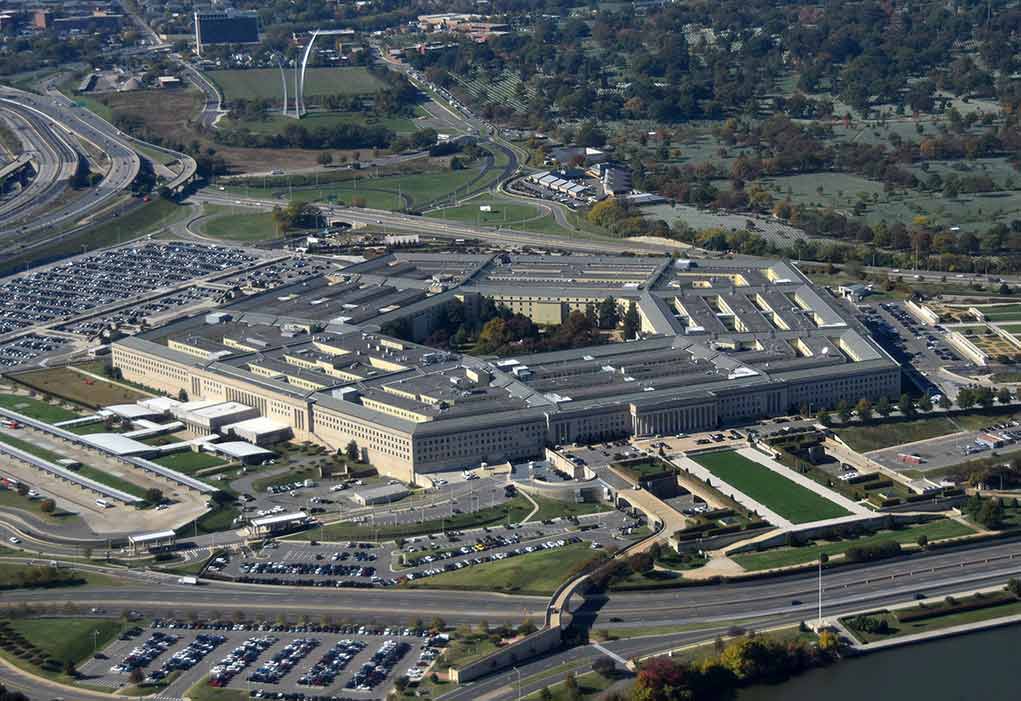
The Trump administration’s defense policy marked a significant shift in how the U.S. military addresses identity-based events, reshaping the observance of LGBT Pride Month.
Key Takeaways
- The Trump administration ceased official observance of LGBT Pride Month in the military.
- Secretary of Defense Pete Hegseth led the policy change, aligning with broader efforts to eliminate identity politics.
- The policy reflects a clear distinction from President Biden’s focus on diversity and inclusion.
- Transgender military service was targeted through executive orders and policy shifts.
Policy Changes Under Trump Administration
Trump’s administration discontinued funding and recognition for cultural and identity-based events, including LGBT Pride Month, within the U.S. military. Secretary of Defense Pete Hegseth emphasized unity and operational readiness as the primary objectives, eliminating initiatives viewed as divisive. This marks a break from the previous administration’s policies that included diverse cultural acknowledgments.
Executive orders also targeted preferred pronouns in federal emails and were part of broader efforts to reduce the influence of gender ideology. President Trump stated that government policies would henceforth acknowledge only two genders, aligning with his stance against Diversity, Equity, and Inclusion (DEI) programs.
Reactions and Legal Considerations
The administration’s moves stirred reactions from both supporters and critics. Legal organizations, such as Lambda Legal and the Human Rights Campaign, prepared to challenge policies restricting transgender military service. These legal battles highlight ongoing tensions between ideological shifts and constitutional freedoms.
“We have been here before and seven years ago were able to successfully block the earlier administration’s effort to prevent patriotic, talented Americans from serving their country” – Sasha Buchert
Trump’s policy also mandated traditional gender arrangements in barracks and restrooms. Proponents argue these measures ensure a focus on merit and performance, while critics point to discrimination and reduced morale among affected service members.
Broader Implications and Future Directions
The Defense Intelligence Agency implemented a pause on 11 annual cultural observances, reflecting the scope of the executive orders. These include, but are not limited to, Martin Luther King Jr. Day and National Hispanic Heritage Month. The absence of guidance on the orders has left agencies across the government in a state of uncertainty.
“We’re not joking around, There’s no changing of names or softly manipulating something. DEI is gone.” – Defense Secretary Pete Hegseth
As the administration’s policies take root, questions remain about the effects on military cohesion and global perception. Future administrations might reverse or further entrench these shifts, impacting the military’s operational ethos for years to come.
Sources
1. Pentagon agency pauses celebrations for Black History Month, Pride Month and more
2. Trump bans transgender service members from U.S. armed forces




